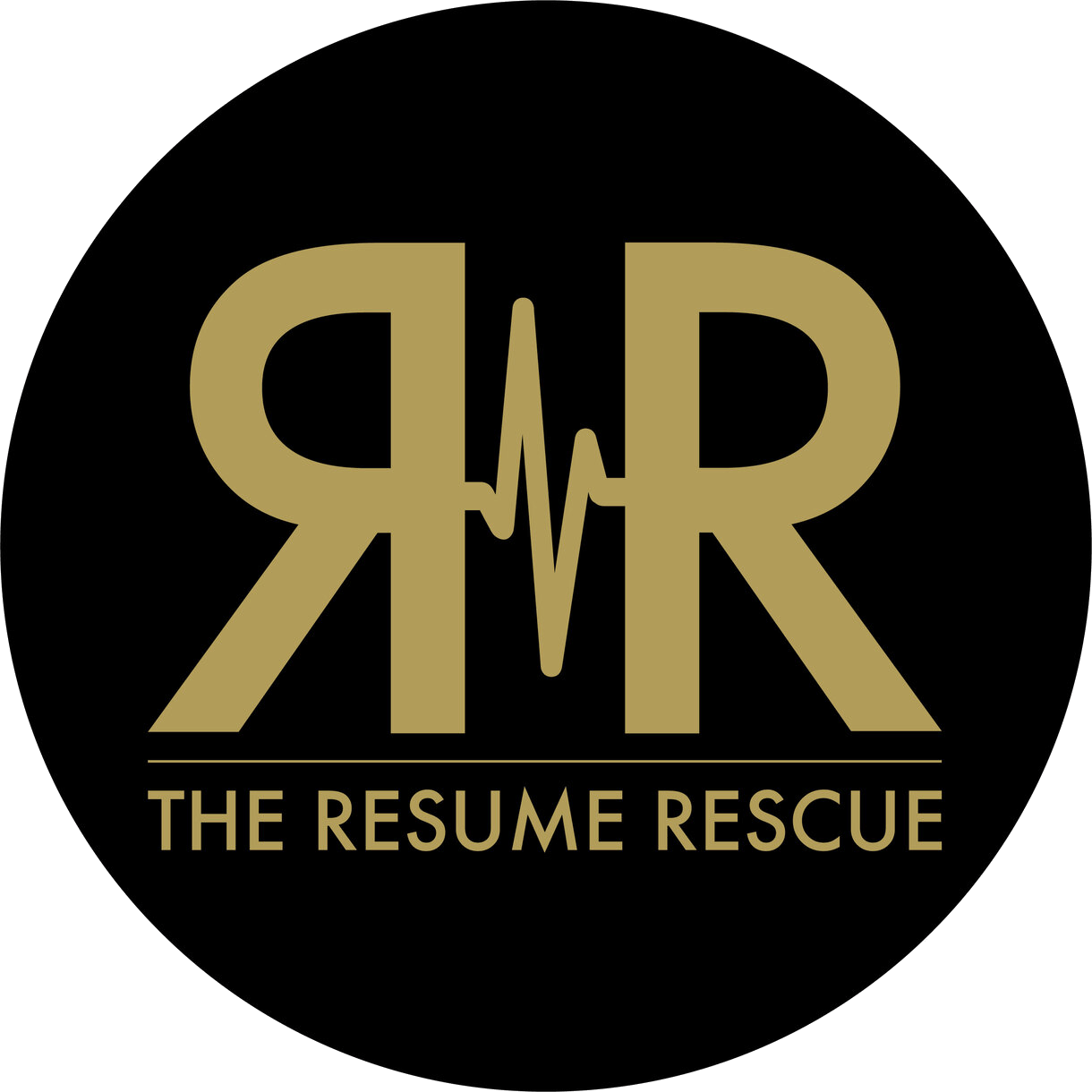A behavioral interview is like a high-stakes exam. It requires plenty of preparation and practice to ace, but the rewards are well worth the effort. Just as students must study, research, and review past material to secure a successful outcome on an exam, so too must job seekers understand how to prepare for behavioral interviews.
To ensure success, it’s important to understand the basics, as well as how to prepare for behavioral interviews. Let’s discuss the best behavioral interview tips so you can ace them.
Understanding Behavioral Interviews
Behavioral interviewing is a popular technique used by hiring managers. It requires job candidates to provide specific examples of how they have handled certain situations in the past – from difficult conversations, to working in teams. This type of interview helps employers gain insight into a candidate’s problem-solving skills, communication style, and fit for the position.
It’s important to realize that behavioral interviews are not a one-size fits all experience. Each company has its own approach and style of interviewing. That being said, there are some common steps most employers follow when conducting behavioral interviews.
Preparing for a Behavioral Interview
Knowing how to prepare for your behavioral interview requires time and effort. Here are four behavioral interview tips and techniques to help you get ready:
1. Research the Company
The best way to prepare for a behavioral interview is to do your research on the company and its values, mission, and culture. This will give you insight into what the expectations are from their employees and how they want their stakeholders to perceive them.
Start by checking out the company’s website, social media accounts, and blogs. Then look for any press releases or research reports related to the company. This will give you a better understanding of the company’s goals and priorities.
2. Reflect on Your Experiences
Think about the experiences you’ve had that would apply to the job you’re interviewing for. What challenges have you faced, and what successes have you achieved? Make sure to prepare a few examples of how your skills and talents can be beneficial in the role you’re applying for.
By offering specific examples from your past experiences, you’ll be able to demonstrate how well you can handle difficult situations and how you succeeded in similar roles.
3. Practice Answering Questions
Once you’ve identified the experiences that relate to the job, practice how you would answer potential questions based on those experiences. It’s a good idea to write out your answers and review them several times before the interview.
A mock interview can also help you practice answering questions and responses. Have a friend or family member act as the interviewer to get used to fielding inquiries and responding with confidence. Better yet, you can opt to consult with an interview coach who is well-equipped to prepare you for the behavioral interview.
4. Maintain Professionalism
Finally, remember to dress professionally and be courteous to the interviewer. Behave as you would in a professional setting, even when answering difficult questions.
Tips for a Successful Behavioral Interview
Nailing your successful behavioral interview takes strategic preparation. Here are three behavioral interview tips to help you make a positive impression during the interview:
1. Be Honest and Specific
When answering questions, be specific in your responses and provide real-life examples of how you’ve handled certain situations. Avoid giving generic answers or speculating on how you think you might handle a situation; instead, focus on actual experiences you’ve had.
2. Focus on the Outcome
As you answer each question, focus on the results or outcomes of your actions. Employers want to know that you can identify and analyze a problem, come up with solutions, and implement them successfully. This is your opportunity to showcase your achievements and problem-solving skills. Start with a relevant example that showcases how you applied your skills to make a positive impact.
3. Make a Positive Impression
Your behavioral interview is a great opportunity to show off your skills and make a positive impression on the employer. Be sure to emphasize how you can help the company reach its goals, as well as share any successes that have been achieved through your hard work.
Similarly, your attire and mannerisms say a lot about you. Be sure to wear professional attire and maintain eye contact throughout the interview. Don’t be afraid to show your enthusiasm and interest in the job and the company.
The Resume Rescue: Helping You Prepare For The Job Market
Behavioral interviews are an important part of the job-seeking process. By understanding how to prepare for behavioral interviews, researching the company, and preparing for potential questions, you can make sure you nail your behavioral interview and land the job of your dreams. With these tips in mind, you’ll be ready to take on any behavioral interview that comes your way.
If you need expert help with preparing for the behavioral interview, we are happy to help. Our career coaches have years of experience helping job seekers succeed in their applications and interviews. With our career consulting services, you’ll be well-equipped to tackle the job market with confidence!
Get in touch today and get the help you need to stand out from the crowd and land that job!






